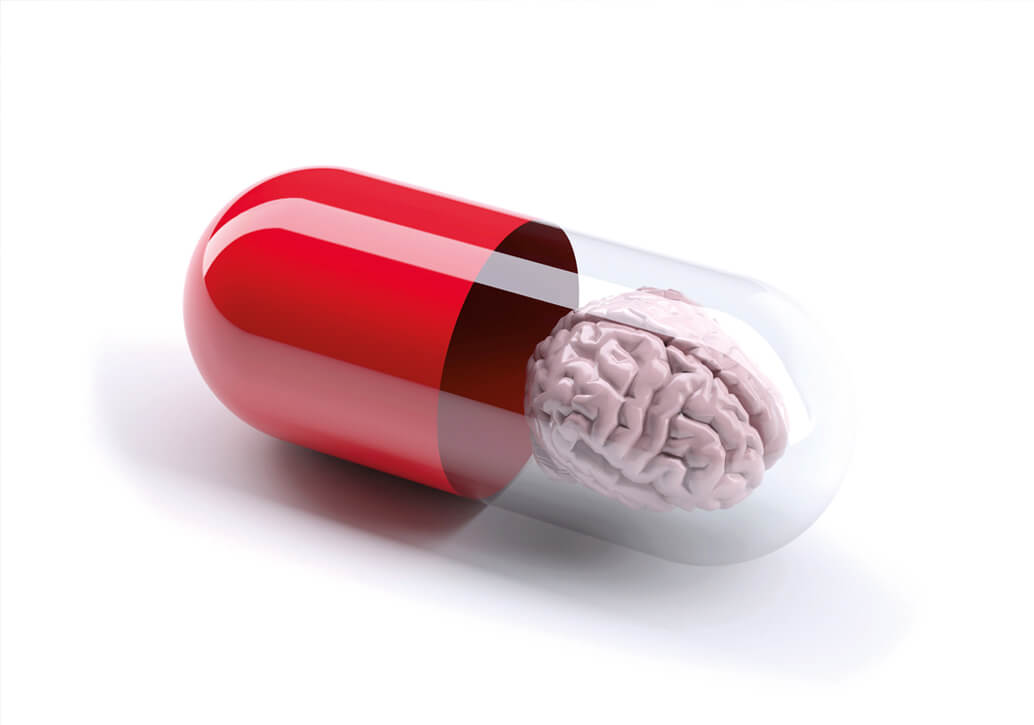by JAMESON INNIS, Sinclair Broadcast Group
Tuesday, December 15th 2020
WASHINGTON (SBG) — Researchers studying cognitive deficits following traumatic brain injuries have discovered what they say is a revolutionary drug that could provide the cure for aging.
The study by the University of California San Francisco has shown promising results among mice, essentially reversing age-related declines in memory.
“We went on with this crazy experiment…and were able to return their cognitive function to as if they were never injured,” said Dr. Suzanna Rosi, UCSF professor in the departments of Neurological Surgery and of Physical Therapy and Rehabilitation Science. “Since traumatic brain injury is really a form of accelerated aging, because your brain ages faster and develops those deficits, is it possible to even reverse aging?”
Researchers are using a drug called ISRIB (Integrated Stress Response InhiBitor). It works by rebooting a cell’s protein production after it’s been stunted by a stress response.
Susanna Rosi, PhD, associate professor.in the department of Physical Therapy & Rehabilitation Science, and Austin Chou, a graduate student, work on treating cognitive decline after traumatic brain injury, in the department of Neurological Surgery at ZSFGH.
“Basically, we need protein production for everything. All our cells need protein. Our brain cells need protein to form connections,” said Dr. Rosi. “What happens, is during stress—it can be initiated by viral infection, it can be initiated by injury, or aging—this protein machinery gets stopped. This stop is used as a defense mechanism. There is a halt so the cell can heal. The problem is that this process, if it’s doesn’t turn off, can be deleterious.”
Dr. Rosi’s team conducted tests on older mice, about the equivalent of a human 55 to 65 years old.
“We could reset the protein switch in their brain which resulted in amelioration of their memory function, to the level of young animals,” said Dr. Rosi.
Three weeks later, with no additional treatment, her team conducted another test on those mice to see if the results were long-lasting. They discovered the mice were able to perform and excel at harder tasks.
“That tells us that whatever we did three weeks before is translated to other cognitive levels,” said Dr. Rosi. “We believe that we’ve really found the switch on the cognitive ability that once we can move it on and off, we don’t need to treat animals and hopefully eventually humans, for a long period of time. We just need to reset the response in the brain. I think it’s exciting and kind of revolutionary.”
Researchers say this could have significant impacts for ailments across the board, including dementia, Alzheimer’s disease, multiple sclerosis, Parkinson’s disease, and Down syndrome.
“While it is fascinating that we can affect a broad range of disease and disorders, it’s not surprising that they all converge on a specific path to controlling cognition,” said Dr. Rosi. “That’s what’s fascinating. Aging is something none of us can escape. You can escape traumatic injuries. In terms of importance, it touches each and every one of us.”
Dr. Rosi says other studies have shown there is usually a long treatment process for these issues, but their findings are “pretty dramatic” involving a single injection.
ISRIB has been licensed by Google’s Calico.
Dr. Rosi is hopeful the many resources of the big company will help move up the timeline for human trials. She says efficacy and toxicity trials could be done within two years. In many cases, it takes upward of ten years, but she doesn’t think that will be the case.
So far, the study hasn’t found any negative side effects to the drug.
The study is a collaboration with Dr. Peter Walter, the UCSF professor who initially discovered ISRIB could make normal mice smarter. Together they expanded the scope of the study to see if the drug could reverse cognitive deficits after trauma.
Dr. Rosi calls it an example of the creativity of science.
“That’s the fun of science,” said Dr. Rosi. “Many experiments don’t work, then there’s that one that works, like this amazing molecule. And it’s a ‘Eureka!’ moment where you feel the worth of what you do.”
For more: https://wjla.com/news/nation-world/researchers-discover-drug-that-reverses-mental-decline-aging
